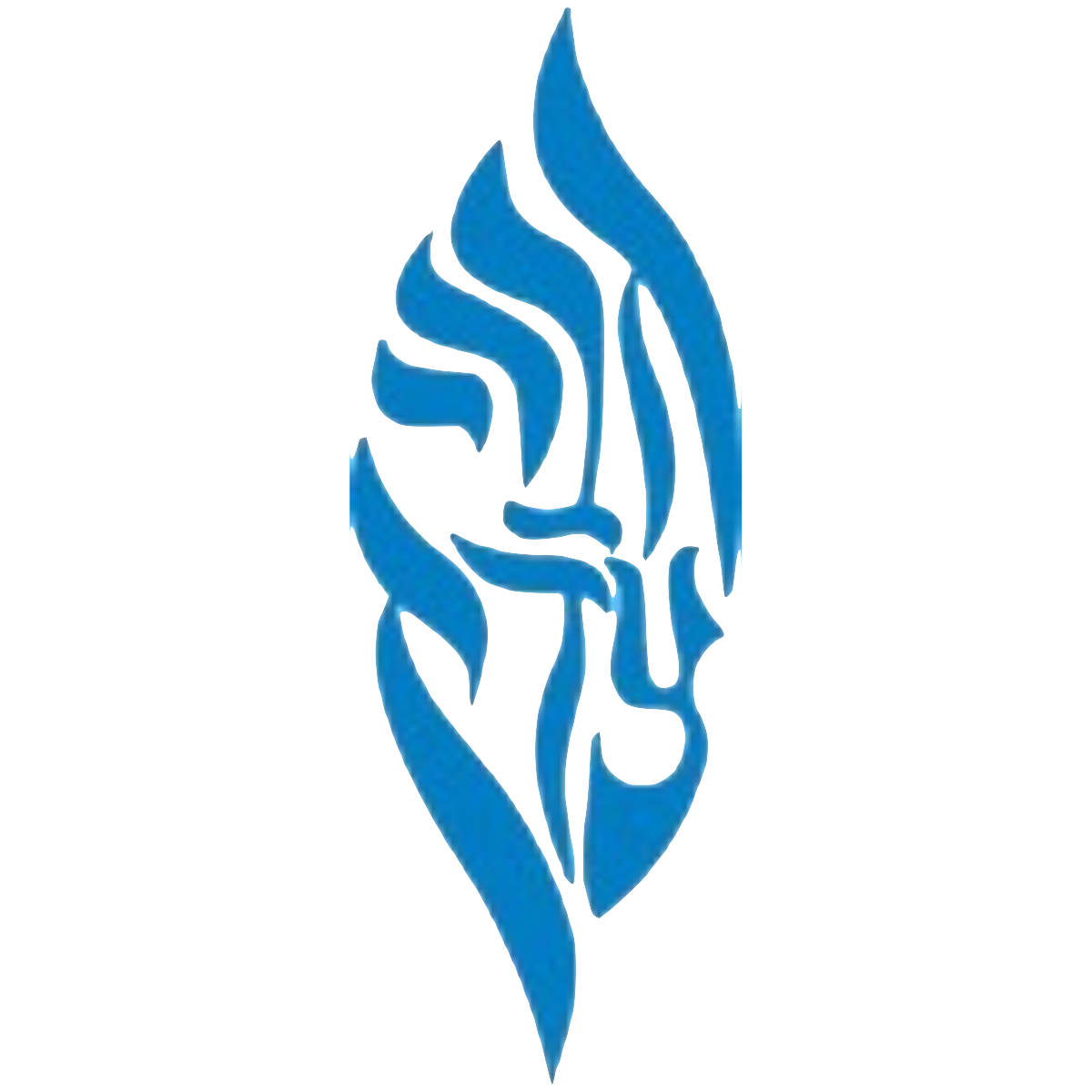Yesterday morning, as we were getting ready for school, Shmuel and I were talking about how it was Yom HaZikaron. He said, “That’s Memorial Day, right?” After I confirmed that it was, he said, “But Memorial Day is when we barbecue!” What ensued was a conversation about the differences between American and Israeli societies, about how holidays and their meanings evolve and shift over time, and about how special days often hold multiple layers of meaning.
But at the core of his surprise is the undeniable truth that Yom HaZikaron is not a day for festive gatherings and barbecues (that’s today, Yom HaAtzmaut), but a solemn day of remembrance, one that is deeply personal for Israelis and for so many others.
Right after Pesach, we enter into a period of the calendar fondly nicknamed “the Yoms.” First there is Yom HaShoah, on which we commemorate the Holocaust. Six days later, Yom HaZikaron and then Yom HaAtzmaut the next day. We’ve barely put our kitchens back together and we jump onto the emotional roller coaster of this time of year.
And a roller coaster it is. There’s the generational trauma and grief that many of us carry in connection with the Holocaust. Moreover, now that 80 years have passed since its end, there’s the sense of responsibility to keep it from being forgotten as the number of survivors continues to dwindle.
Especially in the 19 months since October 7, 2023, Israel has captured so much of our attention and focus, amplifying the sense of loss that permeates Yom HaZikaron. Many of us also personally know, or just a degree or two separated from someone who was killed, who was held hostage, who is serving in the army. This gives us a window into what Yom HaZikaron has always been like for the Israeli people. Everyone knows someone - a family member, comrade, or friend - who is being remembered.
And then, we turn on a dime and celebrate the founding of the State of Israel, the culmination of years and years of dreaming and unending hard work, an undertaking that would not have come to be without the world’s recognition of the horrors of the Holocaust and that could never have happened without the sacrifice made by so many who served in Israel’s military.
The intense emotions evoked by these days are complicated by the state of the world we’re currently living in. Yom HaShoah takes on new urgency with antisemitism rearing its ugly head more and more. Yom HaZikaron and Yom HaAtzmaut challenge us to look unflinchingly at the horrors of war and the ways in which the State of Israel struggles to live out its most cherished values.
The Yoms come one right on top of the other, barely giving us a chance to fully contend with the power of each. But letting them zoom on by without taking some time to engage deeply with them would be a missed opportunity. While we can’t change the calendar so easily, I invite each of us to spend some time learning and thinking about what we’re commemorating and celebrating on each of these days. The internet gives us some good places to start. The United States Holocaust Memorial Museum website has ample resources for learning, for hearing survivor testimony, and for understanding contemporary connections. The Times of Israel captures what’s happening in Israel now and also publishes individual blogs to help provide us with a window into more personal experiences. The options are rich and many. You can learn about the stories of fallen soldiers and find opportunities to honor their memories through taking positive action in the world. These are just a few of the places you can start. My wish for us as we make our way out of the Yoms is that we take some time when things slow down to look back at these days, explore them more deeply, and find our personal place in each of them.
Shabbat shalom.
